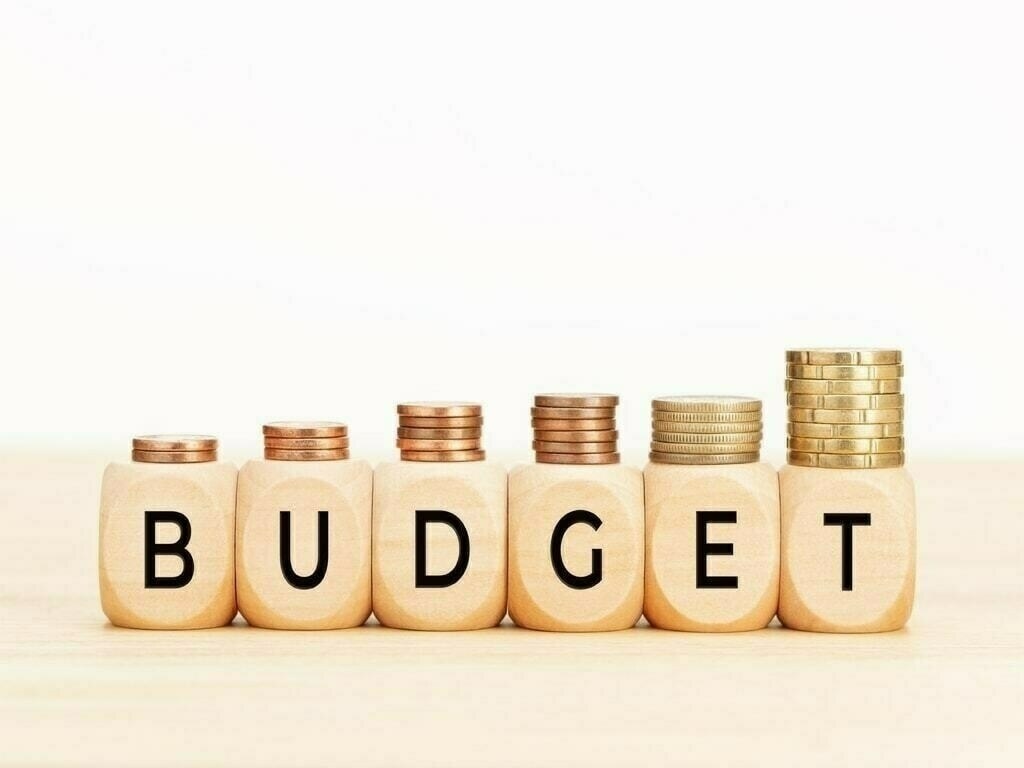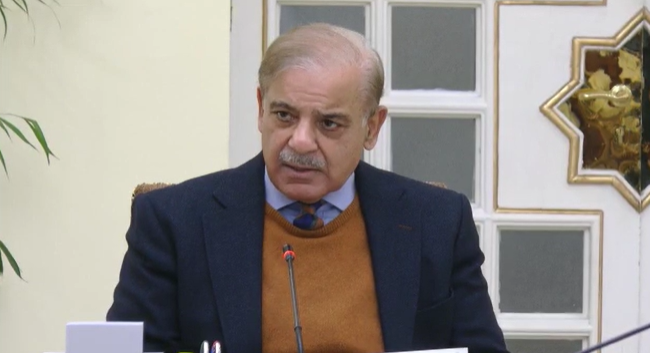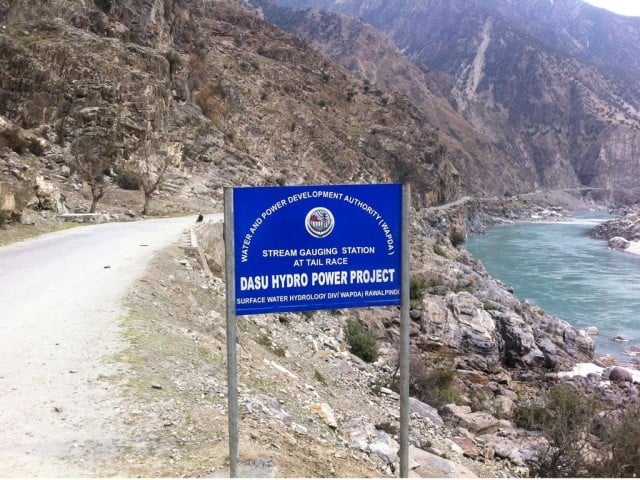On Saturday, lawmakers emphasized the critical need for export-led growth, alternative energy sources, and comprehensive tax reforms to ensure sustainable economic development in the country. They stressed that economic discipline and fiscal consolidation are essential for managing external debt, which the government must prioritize.
During the budget debate, Dr. Mirza Ikhtiar Baig, a member of the National Assembly (MNA) from the Pakistan People’s Party (PPP), advocated for industrial encouragement in the Budget 2024-25. He emphasized that fostering industrial growth is key to generating employment opportunities. Dr. Baig suggested delaying the imposition of tax duties on electronic vehicles to promote alternative energy sources and transportation.
A senior lawmaker underscored the necessity of providing relief to exporters to stimulate export-led growth. He pointed out that the country’s export industry has stagnated at around $30 billion, with textile exports at $16 billion. He further recommended that the industrial sector in the merged districts of tribal areas should not be tax-exempt. Additionally, he called for the withdrawal of high taxes on the salaried class and suggested incentivizing this segment instead. Dr. Baig also highlighted that taxing agricultural inputs increases production costs and inflation, despite the government’s commendable efforts to control inflation.
Syed Mustafa Kamal, MNA from the Muttahida Qaumi Movement (MQM), called for an economic emergency and urged all political parties to collaborate on resolving the country’s economic issues. Kamal stressed the importance of economic discipline and fiscal consolidation for sustainable growth. He noted that the internal debt surpasses external debt, necessitating a comprehensive plan to escape the debt trap. He also pointed out that State-Owned Enterprises (SOEs) and Independent Power Producers (IPPs) are burdens on the economy, requiring strategic resolution. Kamal proposed ending the interest system to foster economic growth and suggested that the country’s elite, including parliament members, donate 25% of their assets to repay foreign loans.
Abdul Qadir Patel, a senior PPP leader and MNA, called for a comprehensive economic development plan to achieve sustainable growth. He urged political parties to form a competent economic team to devise sound policies. Patel emphasized that the prosperity of households is fundamental to economic development and stressed the need for a plan to address external debt challenges. He criticized the opposition for failing to offer substantive proposals for economic development and reforms during the budget session, instead resorting to criticism.
Earlier, Umar Ayub Khan, the Leader of the Opposition in the House, highlighted the significance of the China-Pakistan Economic Corridor (CPEC) for Pakistan’s economic development, citing it as an excellent example of Sino-Pak economic cooperation. He noted that the recent visit by Chinese Communist Party leaders presents an opportune moment for the government to advance economic development and investment through bilateral negotiations. Ayub stressed the interdependence of security and economic development, calling for enhanced internal security to foster economic growth. He urged the government to engage all stakeholders to restore business and investor confidence.
Hanif Abbasi, a senior leader of the Pakistan Muslim League Nawaz (PML-N), emphasized the need for political parties to strengthen democracy and parliament. He praised the sacrifices of the PPP and PML-N for democracy and commended the government for exempting solar energy and medicine from taxes in the budget. Abbasi acknowledged the Prime Minister’s efforts in revitalizing CPEC and noted the investment interest from Saudi Arabia and the UAE. He urged the revision of taxes on the salaried class and called for export incentives. Abbasi also condemned the political culture of intolerance, criticizing the Pakistan Tehreek-e-Insaf (PTI) for its campaigns against state institutions and urging accountability for those behind the May 9 incident.
Asad Qaiser, a senior leader of the Sunni Ittehad Council (SIC), raised concerns about load shedding in his constituency and called for measures to address it. He noted that Khyber Pakhtunkhwa (KP) generates about 4,000 megawatts of electricity, while its consumption is only 2,600 megawatts. Qaiser also highlighted issues with IPPs and suggested declaring an emergency for dam construction and hydropower generation. He stressed the importance of focusing on the agriculture sector in the budget and ensuring payments to sugarcane farmers. He requested the Speaker of the National Assembly to ensure the presence of ministers, including the Finance Minister, during the budget debate and called for the inclusion of opposition proposals in the budget. Qaiser advocated for establishing economic corridors with Iran, Afghanistan, and China.
Hameed Hussain from Majlis Wahdat-e-Muslimeen urged the government to restore peace in his constituency, emphasizing that peace is a primary demand. He called for continued tax relief for the Kurram Agency, as agreed in the 18th Amendment, and mentioned an upcoming Jirga to strategize peace restoration.
Sharmila Faruqui of the PPP commended Prime Minister Shehbaz Sharif for uniting political parties and guiding the country through crises. She advocated for expanding the tax net without imposing new taxes on existing taxpayers and suggested revising taxes on the salaried class, milk, and stationery items. Faruqui also called for improving the performance of Distribution Companies (DISCOs) and addressing the issues of state institutions running at a loss. She proposed allocating more funds to the Benazir Income Support Programme (BISP) and urged the federal government to release funds for addressing water issues in Karachi.
The parliamentarians’ discussions reflect a consensus on the need for economic reforms and strategic measures to address the country’s financial challenges, with a strong emphasis on collaboration across political parties to achieve sustainable growth.




